Stainless steel is the material of choice for most brewery equipment manufacturers because it is durable, corrosion-resistant and easy to clean. Many people think: "Is there a problem with the material? Stainless steel will not rust, and what is rusted is not stainless steel." In fact, stainless steel is not that it will not rust, but under the same conditions, it is more durable than other materials. Corrosion ability is stronger. In fact, whether it is 316L or 304, it will rust under certain conditions, which will affect the safety and quality of beer. In this article, we'll explore what's causing your stainless steel beer equipment to rust, and how to clean and avoid it.
Why does stainless steel equipment rust?

1. Chloride in water
Stainless steel contains chromium, which forms a passivating oxide layer on the surface that prevents rust and corrosion. However, if the water used to clean or disinfect equipment contains high concentrations of chloride, it is the "natural enemy" of the passive film, which will destroy this protective layer and corrode stainless steel.
2. Exposure to acidic substances
The intermediate product of sugar metabolism, oxalic acid, combines with calcium ions in the liquor to form calcium oxalate, which is precipitated and attached to the surface of yeast and fermentation containers in the form of crystals, forming the so-called "beer stone". Acidic substances such as beer stone or acidic cleaning solutions can also damage the protective coating of stainless steel, making it prone to rust and corrosion.
3. Physical damage
Physical damage to the stainless steel surface, such as scratches, dents or gouges, can also damage the protective layer and cause rust.
4. Lack of maintenance
Lack of maintenance, including inadequate cleaning and sanitation, can lead to the buildup of organic matter on equipment surfaces, absorbing moisture and causing rust.
5. Inferior stainless steel
Poor quality stainless steel or manufacturing processes that do not maintain the correct steel composition can lead to rust and reduced corrosion protection in equipment.
How to avoid rusting of brewery equipment?
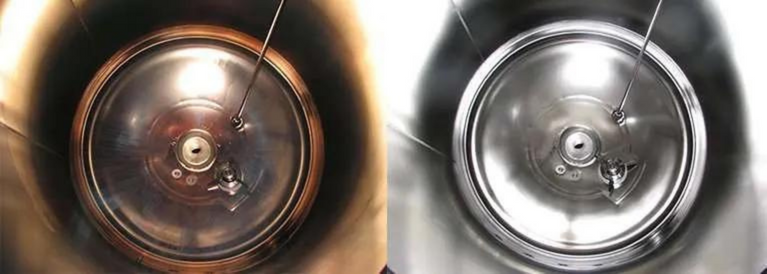
To prevent stainless steel brewery equipment from rusting, it must be cleaned and sanitized regularly using proper techniques and solutions. The following methods can be used:
1. Use high quality stainless steel
Use high-quality stainless steel for your brewery equipment. High-quality stainless steel contains more chromium, which forms a more protective oxide layer on the surface. The stainless steel used in Tiantai beer equipment is all austenitic stainless steel 06cr19ni10 food grade stainless steel, which is more resistant to rust and corrosion.
2. Use an appropriate cleaning solution
Use an appropriate cleaning solution designed for stainless steel equipment. Avoid acidic or abrasive cleaners that can damage the protective oxide layer on the surface.
3. Avoid Chloride Contamination
Use clean water to clean and sanitize equipment to avoid chloride contamination. Chlorides destroy the protective oxide layer on the surface, making the steel more susceptible to rust.
4. Regular cleaning and disinfection
Clean and disinfect equipment regularly with an appropriate cleaning solution. Cleaning and sanitizing will help remove any organic matter that may be on the surface and prevent rust.
5. Periodic inspection of equipment
Inspect the equipment periodically for any damage or wear that may affect its performance. Any damage or wear should be repaired promptly to prevent rust.
If you find rust on your brewery equipment, how should you clean it?
1. Identify the cause
Determine the cause of rust. If chlorides in the water are the cause, you may need to switch to a cleaner water source. If acidic substances are the cause, you may need to adjust your cleaning process.
2. Clean the equipment
Clean the device thoroughly with an appropriate cleaning solution. Gently scrub the unit with a soft brush or sponge to remove any rust that may be present.
3. Passivation equipment
The root cause (mechanism) of stainless steel's corrosion resistance is its passivation film. The so-called passivation film is that there is a layer of Cr2O3-based film on the surface of stainless steel. Due to the existence of this film, the corrosion of the stainless steel substrate in various media is hindered. This phenomenon is called passivation. Passivate the device to help restore the protective oxide layer on the surface. Passivation helps make stainless steel more resistant to rust and corrosion.
4. Disinfection equipment
Sanitize equipment with a food-grade sanitizer to kill any residual bacteria or germs that may be present.
By following these steps to avoid and clean rusty brewery equipment, you can help ensure the quality and safety of your beer and extend the life of your equipment.
In conclusion, keeping stainless steel brewery equipment rust-free is essential to ensure the safety and quality of beer. By following our discussion above, you can avoid rust, clean and sanitize your equipment regularly, and prolong its life.
Edited by Cassie
E-mail:[email protected]
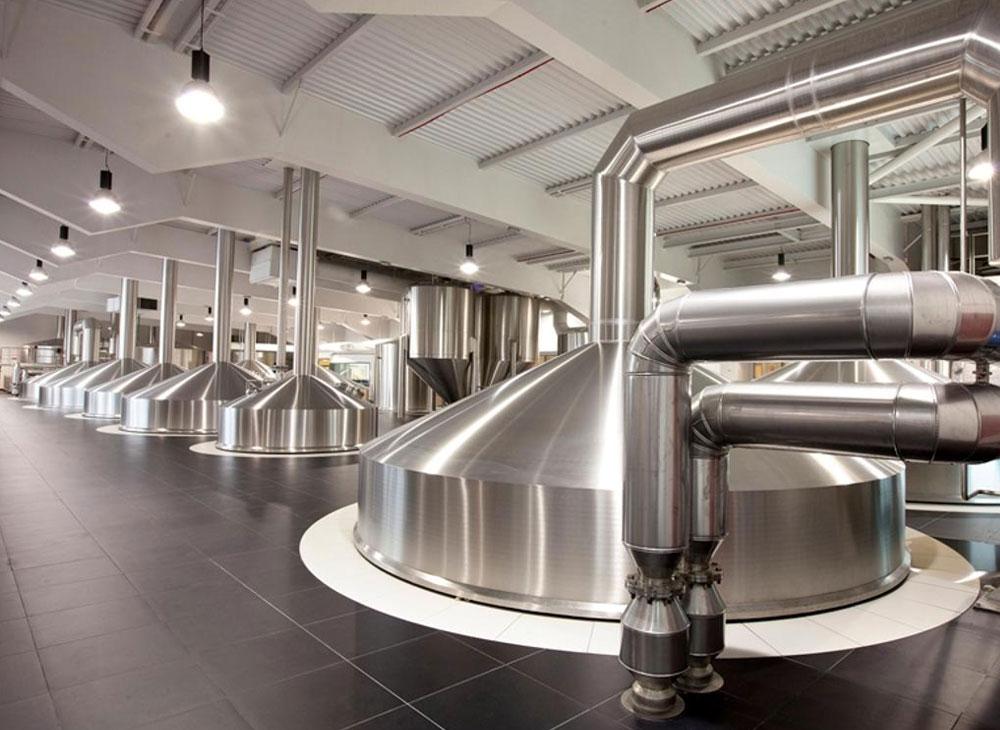
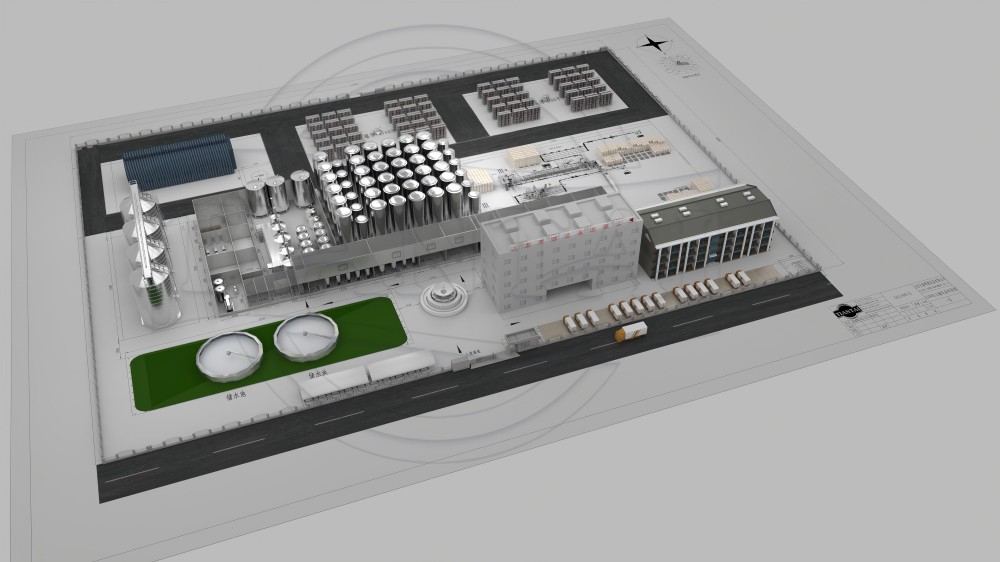
.jpg)
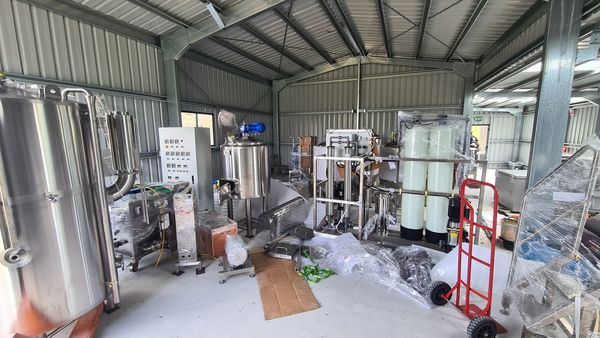
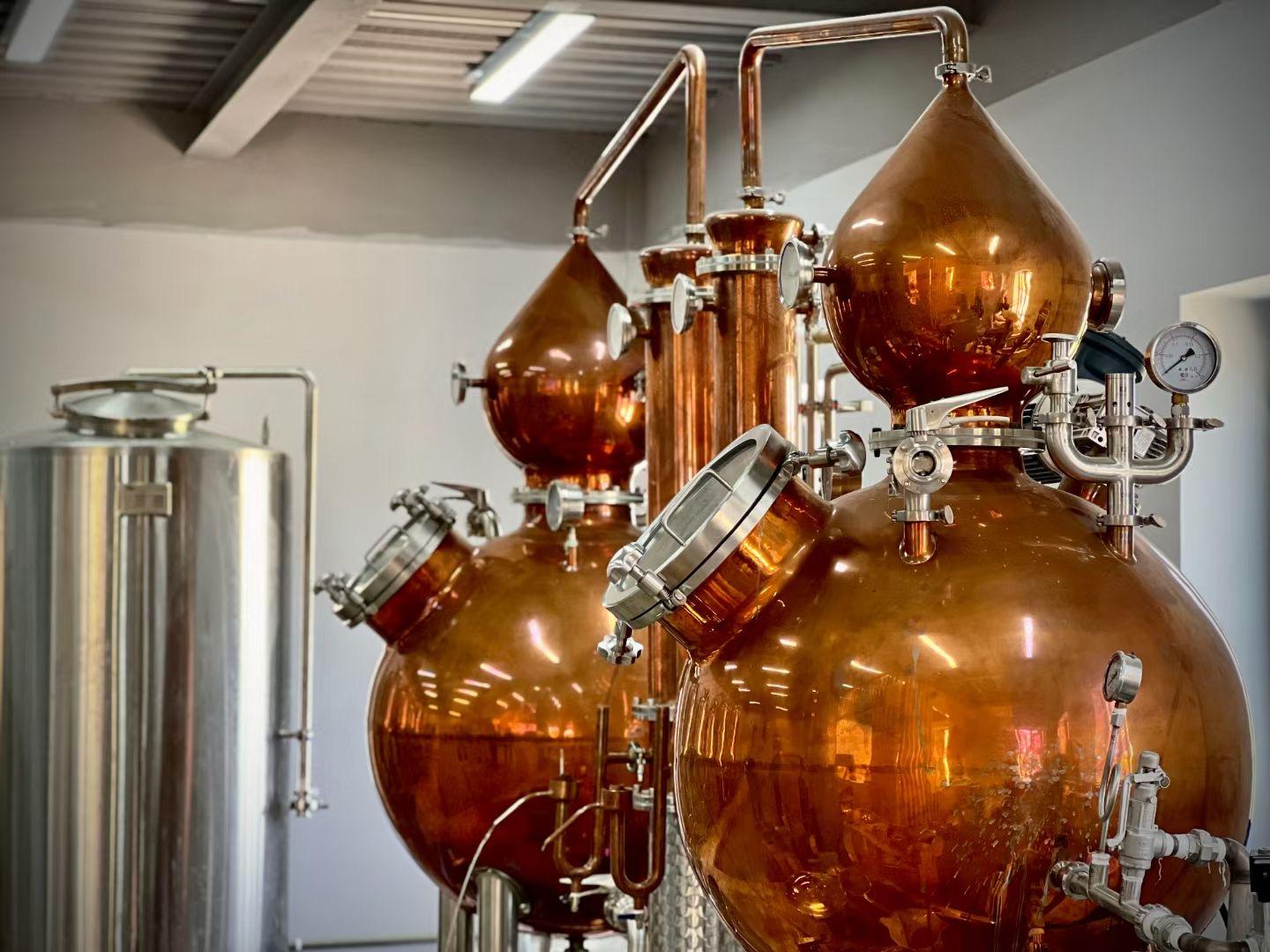
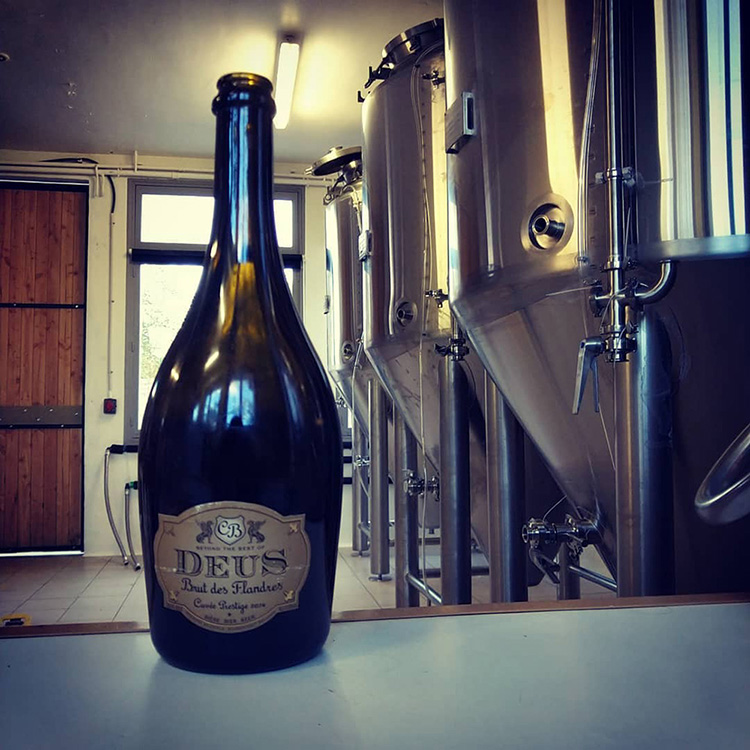
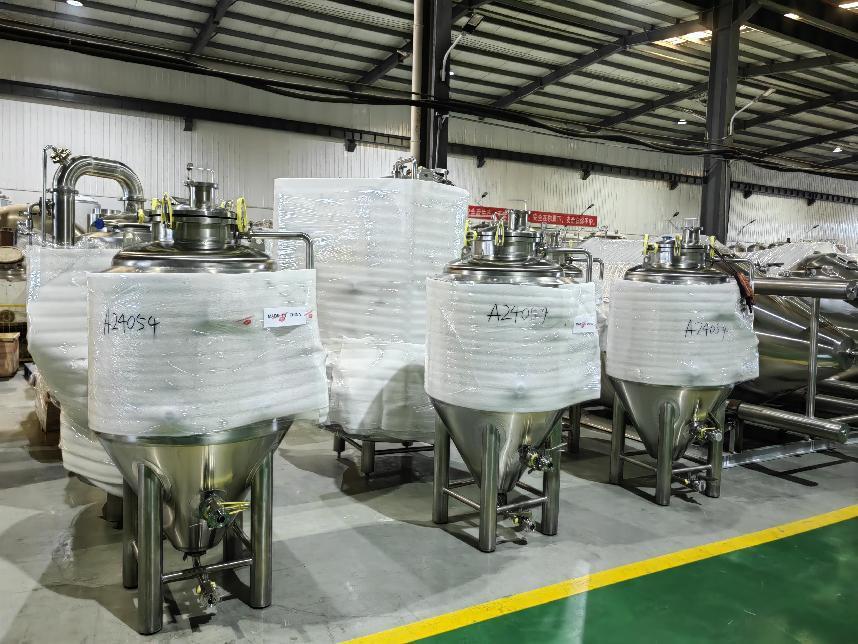
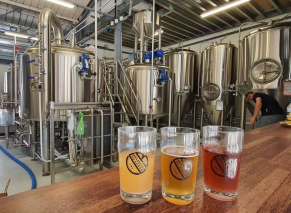
Get A Quote